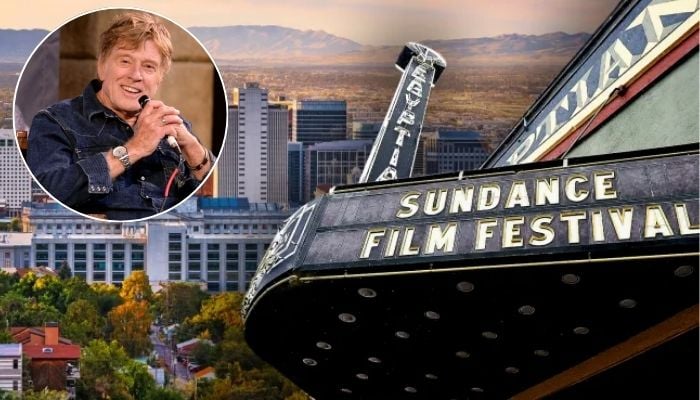Home / Entertainment
Why Robert Redford’s Sundance Institute far exceeds his screen legacy
Hollywood icon Robert Redford left behind the greatest preservation of his life’s work at Sundance

Robert Redford passed away on September 16, living among the mountain resort community where his life’s greatest treasure remains, after his own 89 years on Earth — in Sundance, Utah.
While the late Hollywood legend leaves behind an insurmountable legacy preserved within his film career, the most invaluable gem in his stacked crown is perhaps the Sundance Institute — an organisation he founded to ensure that the heritage of independent cinema is never dulled.
From an icon whose screen presence commanded the biggest of blockbusters and followed mainstream success, Redford’s endorsement and encouragement of indie films is poised to become his most important contribution to his medium, especially following his demise.
History
Launched in 1981 and named after his own role in the timeless Western classic Butch Cassidy and the Sundance Kid as much as it represented its namesake region, the Sundance Institute consists of labs, grants, mentorship programmes, and a titular film festival which is conducted annually — all in service of furthering the cause of indie cinema.
The Sundance Film Festival, introduced in 1985, further became that arm of the organisation which offered itself to even those creatives and projects which were not developed within its forums.
“In 1985, we only had one theatre and maybe there were four or five restaurants in town, so it was a much quieter, smaller place and over time it grew so incredibly the atmosphere changed,” stated the late star in an interview with journalist Jenny Cooney.
Legacy
Much can be said about the parallels between the decline of cinema and the rise of television currently, and all the way back when Sundance came into being.
What is scarce however is an innovator like Robert Redford, who would not give in to the power of the industry’s seismic shift today.
It’s important to establish that the legacy of Sundance is simultaneously entwined with Redford’s image and extends far beyond it.
Oscar winning documentarian Roger Ross Williams, one of many who found their footing at Sundance, told The Hollywood Reporter about the institute’s founder, “When he was at the lab, he wasn’t this big Hollywood superstar. He was someone who really valued giving back to filmmakers like me. The celebrity melted away.”
Hence, Sundance’s legacy represents not only his life’s work but largely and more importantly, the model which cinema will always need, as well as the one which will continue to resonate in the industry where its architect’s mission would never come close to being finished.













